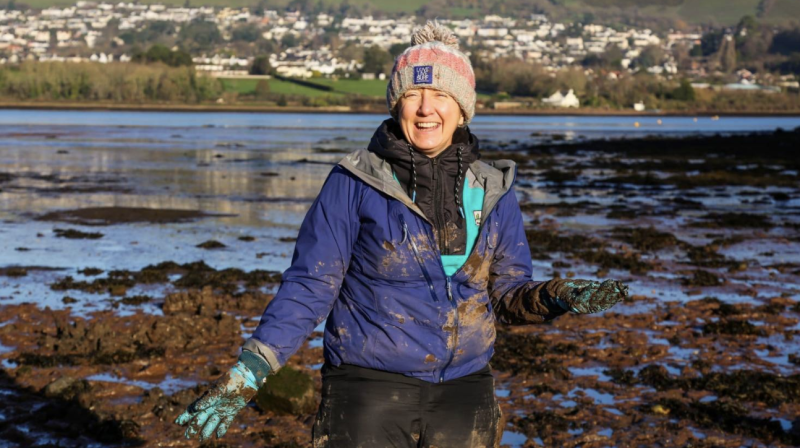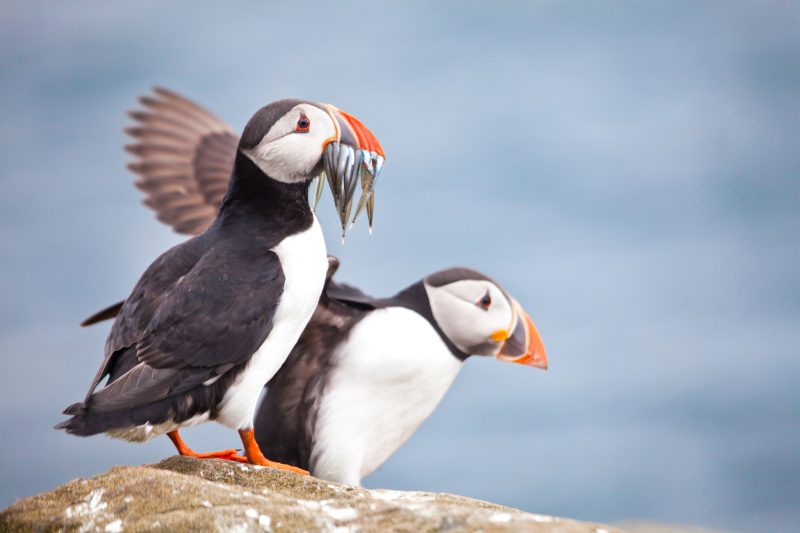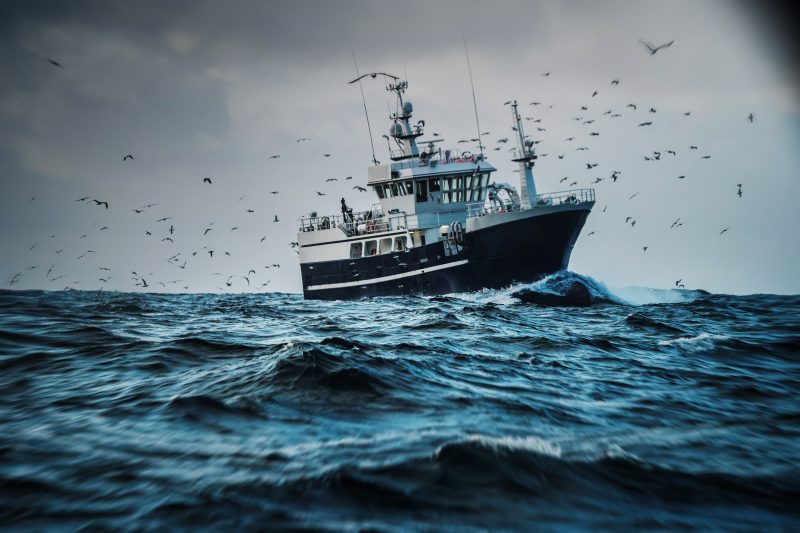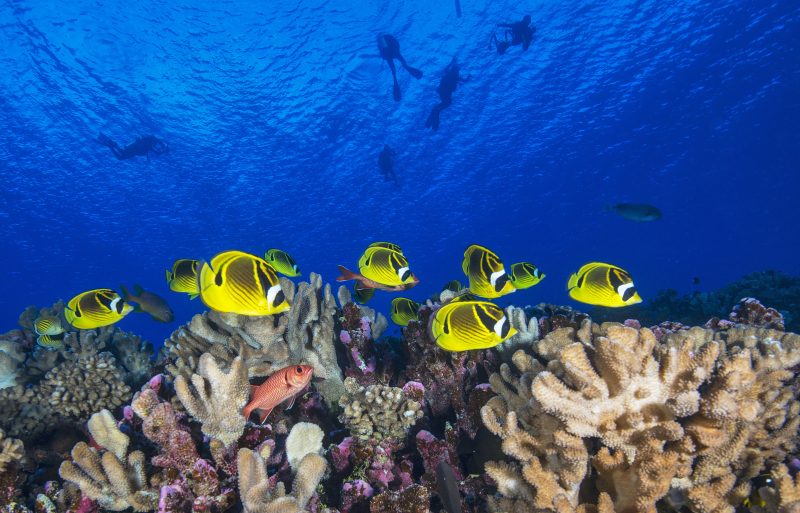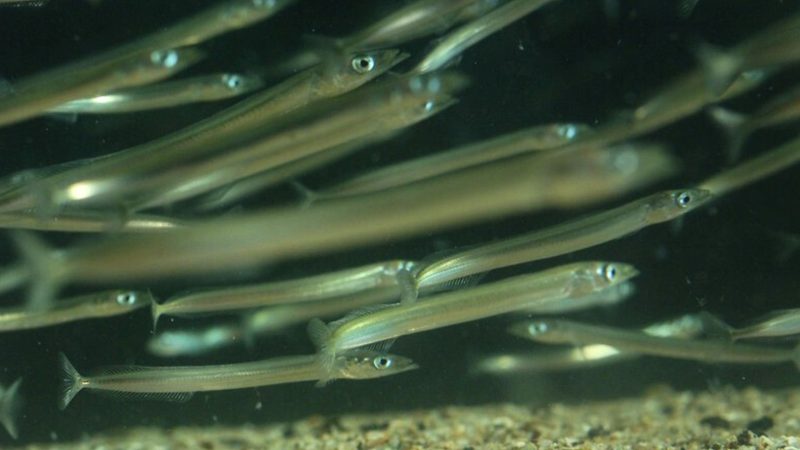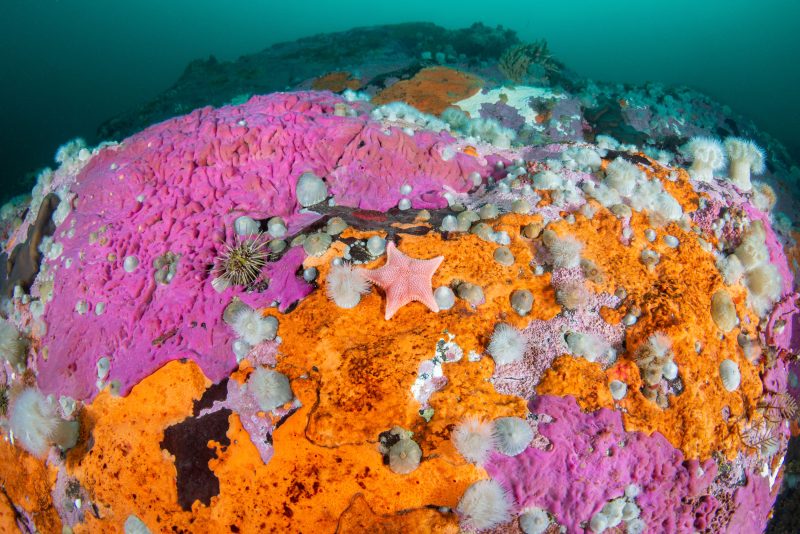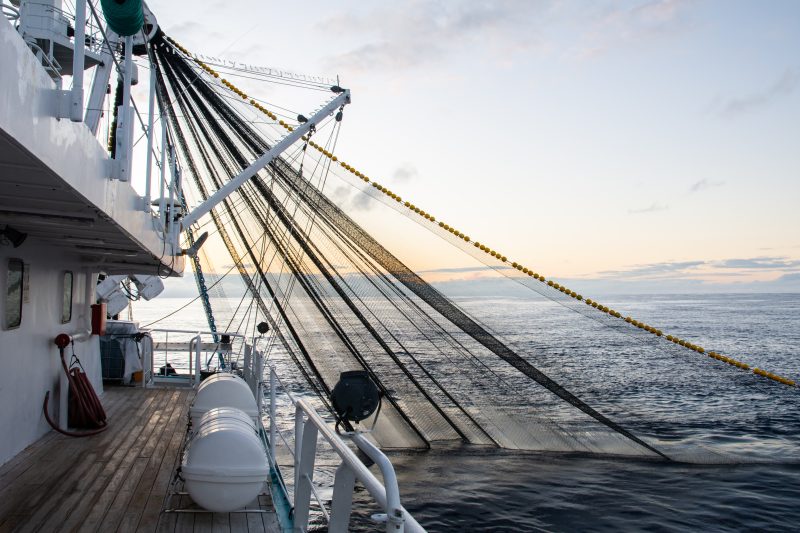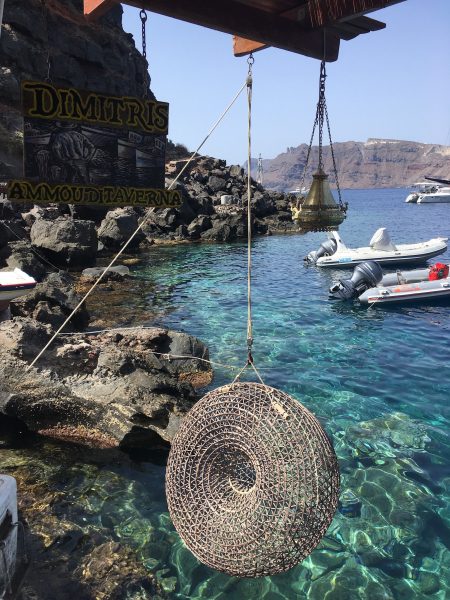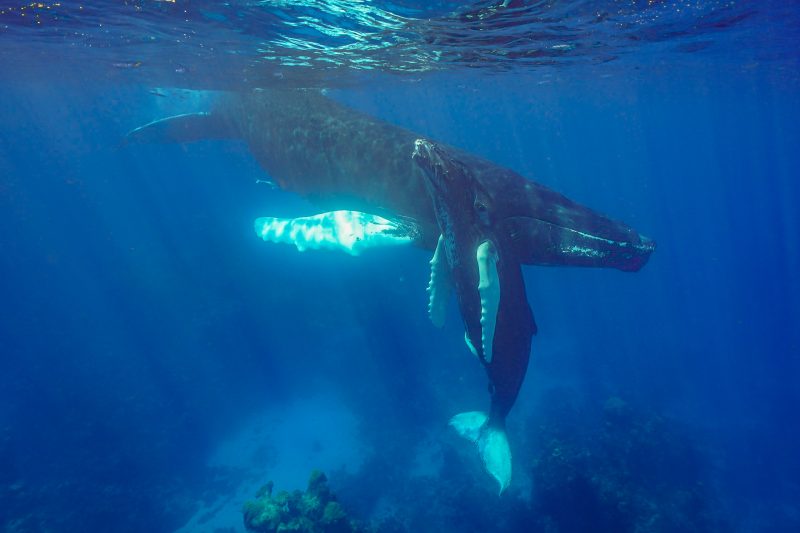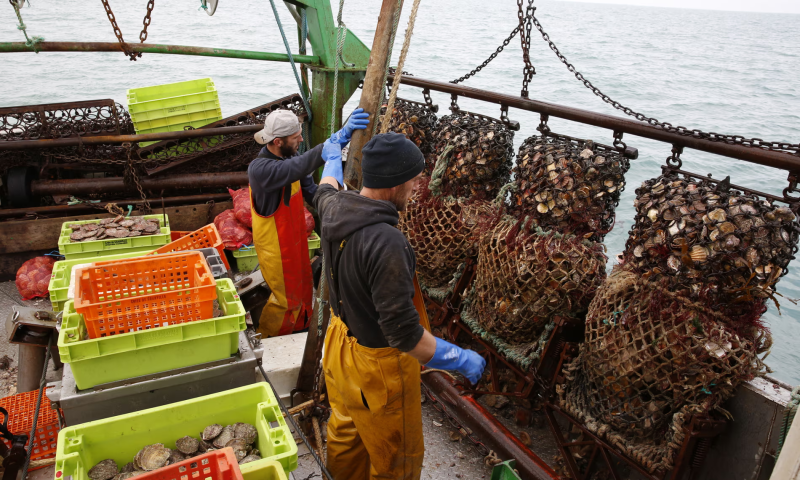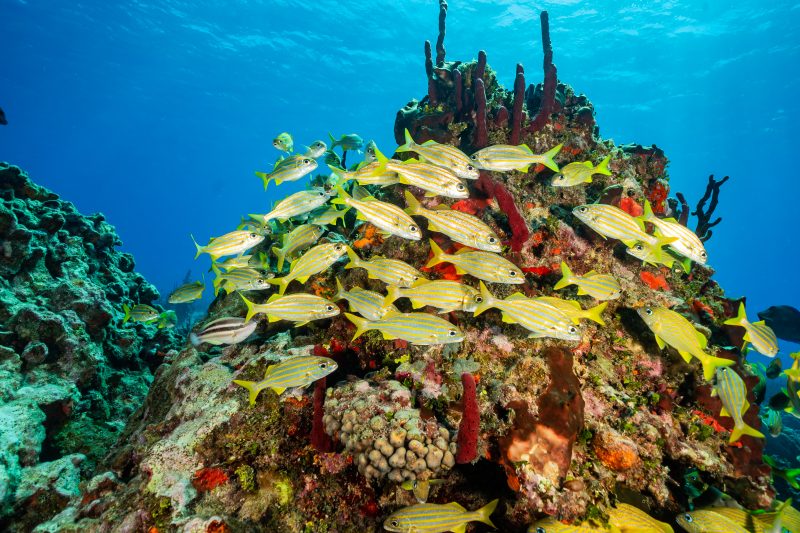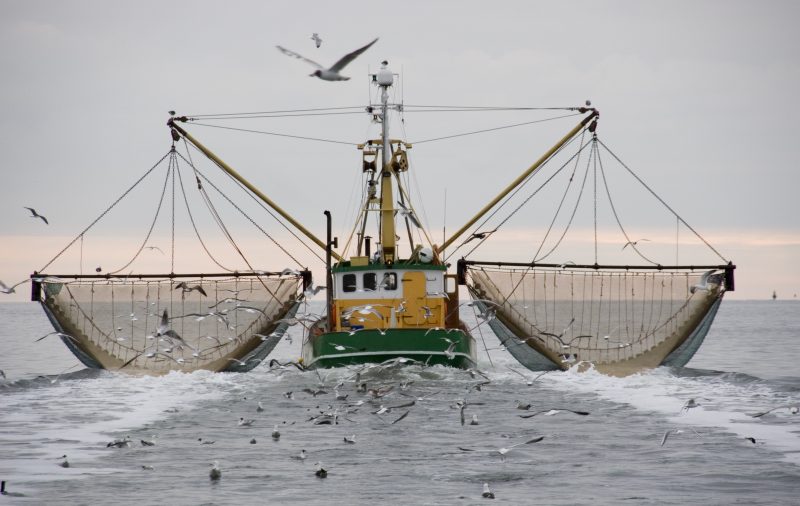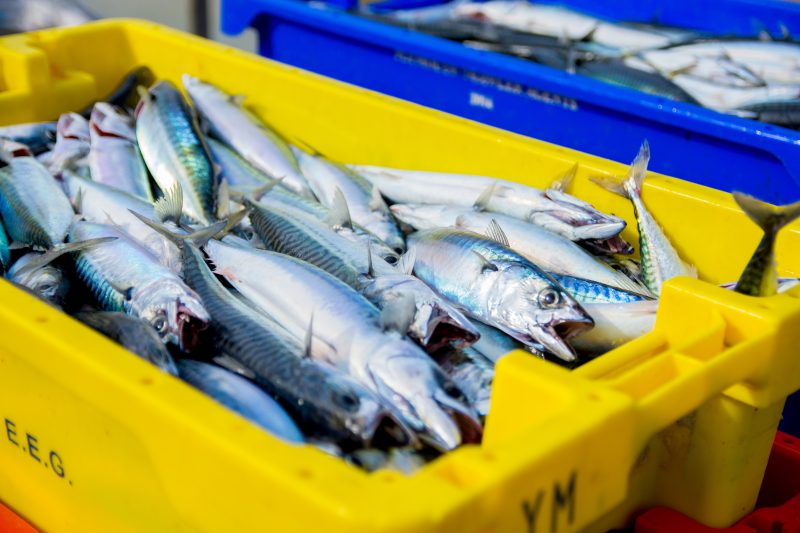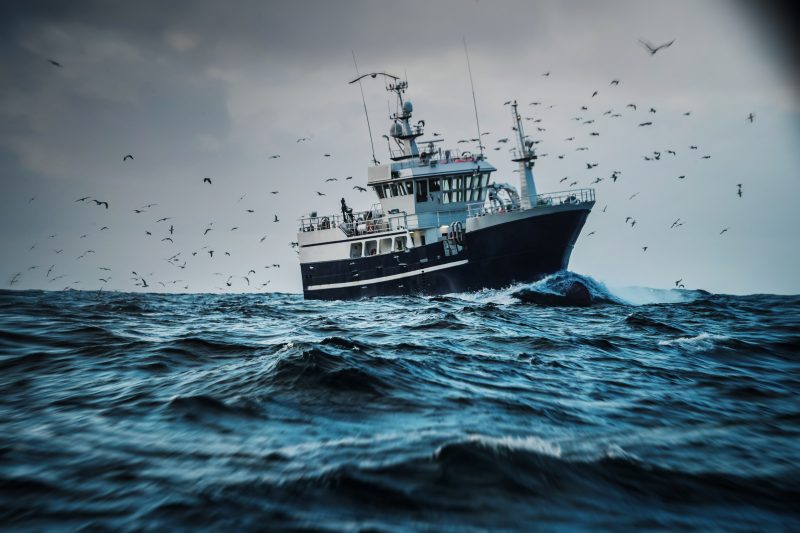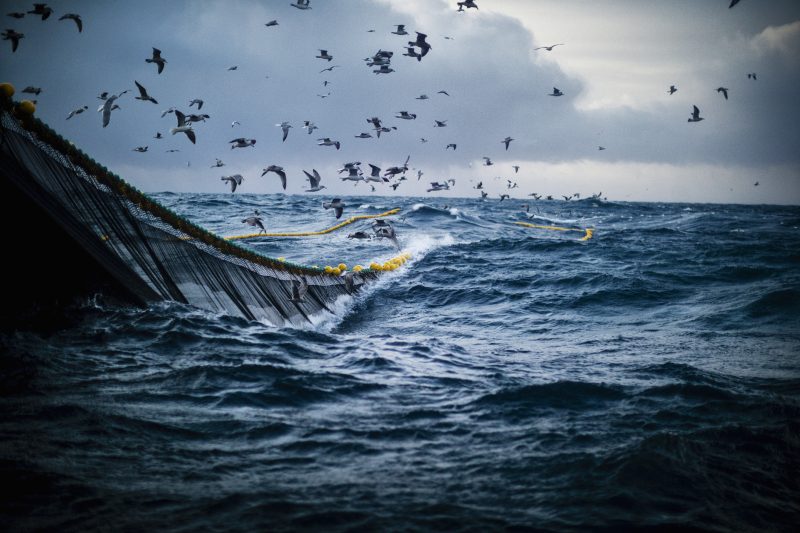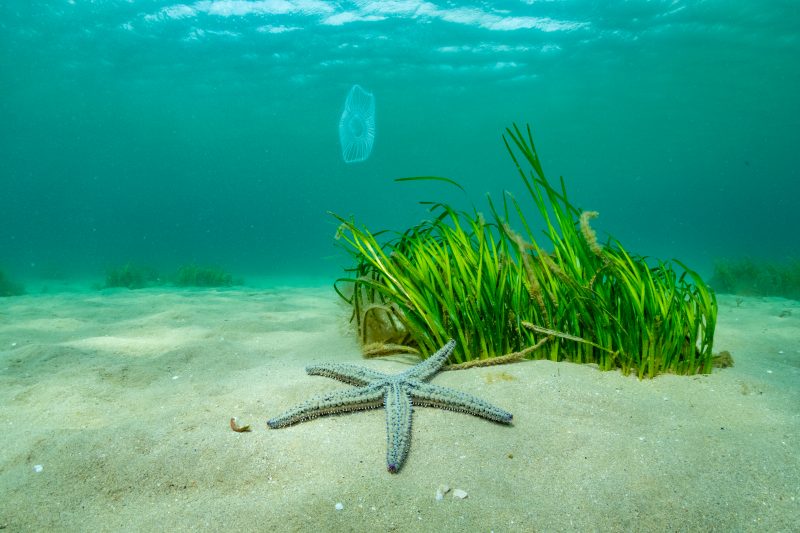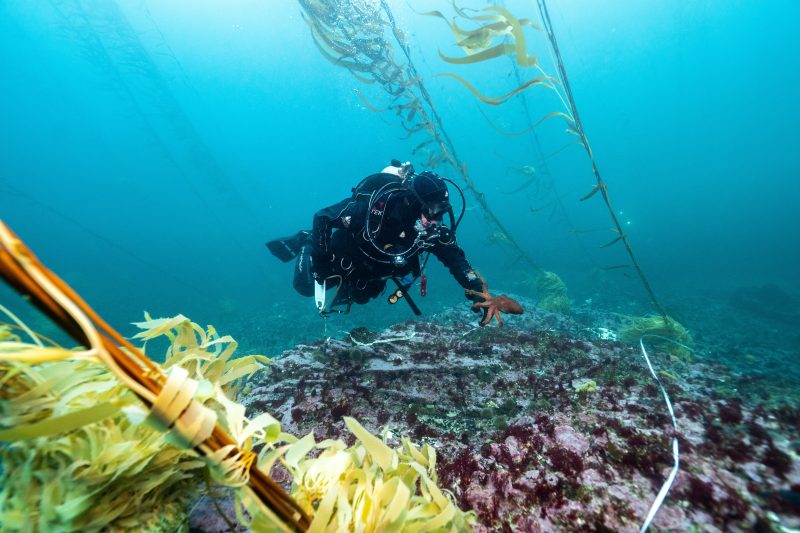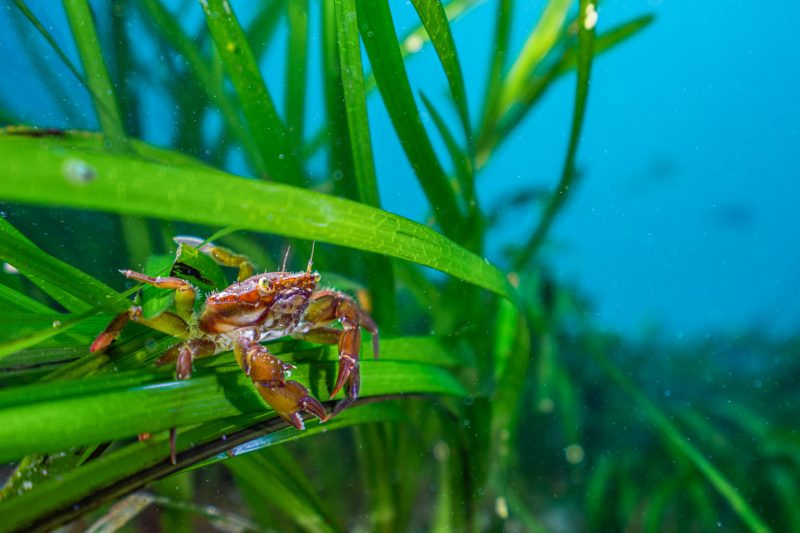One of the world’s most pristine and fragile seas in the world is to be protected as part of an international conservation deal.
The decision to designate 1.55 million km2 of the Ross Sea in Antarctica as a Marine Protected Area (MPA) represents a huge breakthrough in management of the region.
It is the biggest MPA in the world and is larger than the area of the UK, France Germany and Italy combined.
Almost three-quarters of the MPA, which will come into force in December 2017, will be barred to fishing for the next 35 years under the terms of the deal agreed by the Commission for the Conservation of Antarctic Marine Living Resources (CCAMLR) in Hobart, Australia.
Much of the detailed terms of the marine protected area (MPA) remain to be made public or agreed but it already goes further than many conservationists had dared hope.
“This decision represents an almost unprecedented level of international cooperation regarding a large marine ecosystem comprising important benthic and pelagic habitats,” said Andrew Wright, of CCAMLR.
“This has been an incredibly complex negotiation. A number of details regarding the MPA are yet to be finalised but the establishment of the protected zone is in no doubt and we are incredibly proud to have reached this point.”
Logjam blown apart
Charles Clover, executive director of BLUE, was delighted at the creation of the MPA and said it was likely to open the way to several more being agreed.
“The inability of the international community until now to agree this Ross Sea MPA has been a huge logjam to getting a higher percentage of the world’s oceans protected,” he said.
“That logjam has been blown apart by this wonderful agreement. There are other splendid proposals which have been queuing up behind this and now are so much more likely to be agreed.”
The call for a Ross Sea MPA was originally made more than a decade ago and was formally proposed by the US and New Zealand to CCAMLR in 2009.
It was repeatedly blocked and many observers had expected a deal to be blocked again this year, most likely by the Chinese or Russians who have fishing fleets operating in the region.
Among the compromises made in agreeing the MPA was a decision by the Russians to shift the focus of operations of its Antarctic toothfish fleet. It has agreed to move to an area of the Ross Sea where the fish tend to be more mature and where there are fewer killer whales.
Another compromise was an agreement to designate two large areas of the Ross Sea as research zones where tooth fish and krill can be caught.
Russia and, it is understood, China refused, however, to agree to the MPA being established for a minimum of 50 years.
Pristine and fragile
The Ross Sea is one of the most untouched regions of the world but despite its location in the Antarctic it is increasingly coming under threat from fishing and other industries as they seek to profit from the world’s resources.
Among the wildlife in the region are killer whales, 40 per cent of Adélie penguins, 25 per cent of emperor penguins, Weddell seals and minke whales.
Under the waves are fragile and particularly slow-growing eco-systems that are host to an array of animals, many of the yet to be discovered by science.
Lewis Pugh, a marine campaigner who swam in the Ross Sea to increase awareness of the need for an MPA and travelled to Russia last year to speak to the defence minister about the importance of protecting the region, was ecstatic.
“I am overjoyed. The Ross Sea is one of the most magnificent places on earth. It is one of our last great wilderness areas. This is a dream come true,” said the United Nations’ Patron of the Oceans.
“Today’s announcement marks an important moment in the history of conservation. The High Seas represent 45 per cent of the Earth’s surface. But they are largely unprotected and are facing rampant overfishing.
“This is a crucial first step in what I hope will be a series of MPAs around Antarctica, and in other parts of the High Seas around the world.”
Sir Richard Branson, founder of the Virgin Group Founder, was among those to publicly welcome the decision and to praise the delegates of the 24 nations and the EU which agreed the deal as members of CCAMLR.
“It is wonderful that the world has come together to protect Antarctica’s magnificent Ross Sea. It really does show how the international community can join forces for the ocean and the planet,” he said.

